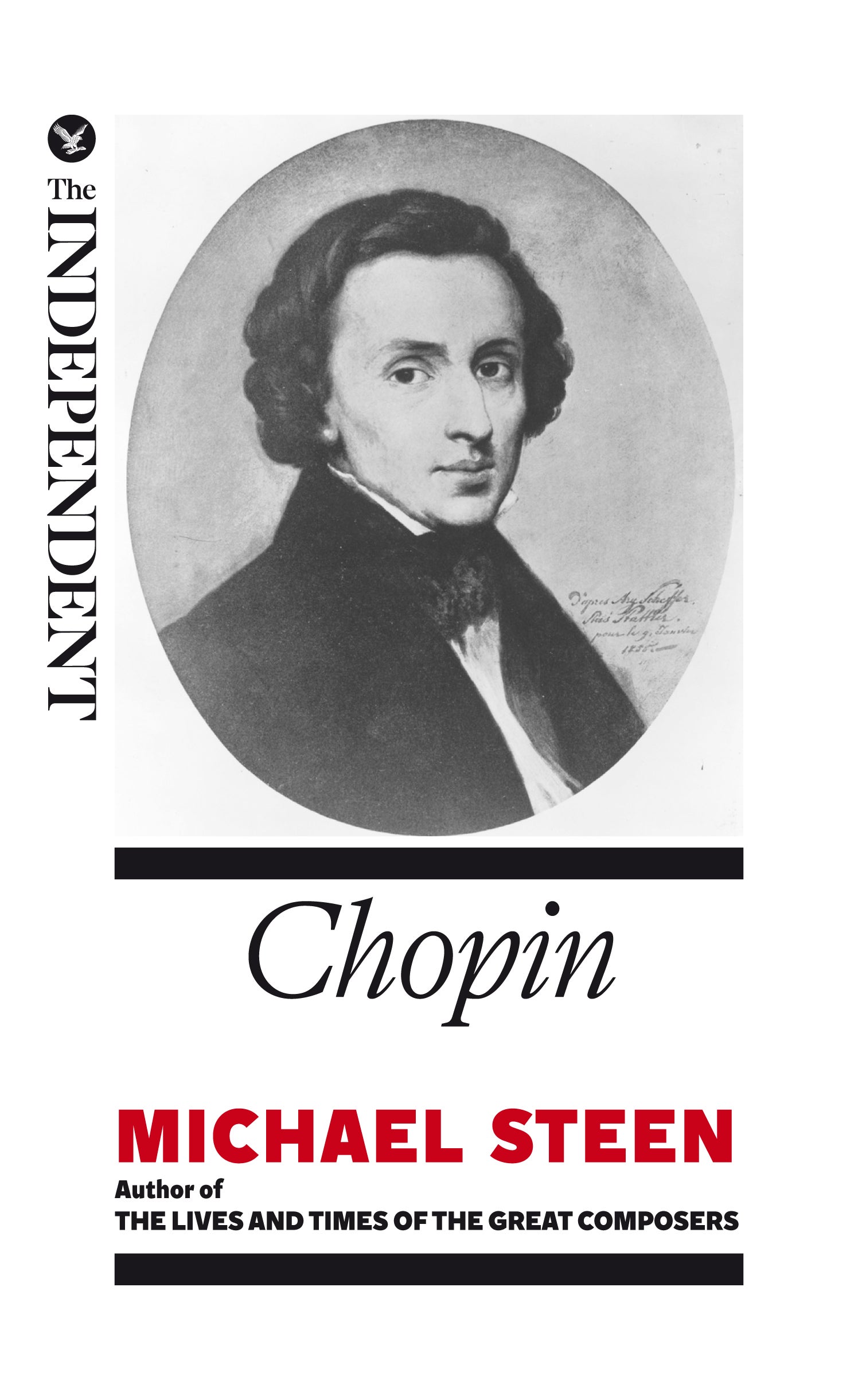The Independent's journalism is supported by our readers. When you purchase through links on our site, we may earn commission.
Chopin
Part of The Independent’s new eBook series The Great Composers, covering fourteen of the giants of Western classical music

Your support helps us to tell the story
From reproductive rights to climate change to Big Tech, The Independent is on the ground when the story is developing. Whether it's investigating the financials of Elon Musk's pro-Trump PAC or producing our latest documentary, 'The A Word', which shines a light on the American women fighting for reproductive rights, we know how important it is to parse out the facts from the messaging.
At such a critical moment in US history, we need reporters on the ground. Your donation allows us to keep sending journalists to speak to both sides of the story.
The Independent is trusted by Americans across the entire political spectrum. And unlike many other quality news outlets, we choose not to lock Americans out of our reporting and analysis with paywalls. We believe quality journalism should be available to everyone, paid for by those who can afford it.
Your support makes all the difference.
Extracted from Michael Steen’s book The Lives and Times of the Great Composers, these concise guides, selected by The Independent’s editorial team, explore the lives of composers as diverse as Mozart and Puccini, reaching from Bach to Brahms, set against the social, historical and political forces which affected them, to give a rounded portrait of what it was like to be alive and working as a musician at that time..
‘After playing Chopin, I feel as if I had been weeping over sins that I had never committed, and mourning over tragedies that were not my own.’ In his typically perverse way, Oscar Wilde puts his finger on the fact that no one can capture a mood quite like Chopin. Where Liszt dazzles with technical virtuosity, Chopin's music concentrates on nuance and expressive depth. His ballades, nocturnes, preludes and etudes, and even those pieces based on dance forms, the waltzes, polkas and mazurkas, belong essentially to the salon (it is reckoned Chopin gave no more than 30 public concerts in his life). Yet his predominantly solo piano works, full of harmonic invention and poetic power, are universally acknowledged as a pinnacle of the repertoire.
Frederic Chopin, though born in Poland, spent most of his adult life in France. Michael Steen follows his tragically short life from the early years in Warsaw and Vienna, to the Paris of the 1830s, the Paris of Rossini, Berlioz, Liszt and George Sand. Chopin's notorious affair with Sand, the outrageous free-thinking, trouser-wearing, smoking, female author, was a central feature of his life, but it ended bitterly. Strangled with tuberculosis, exhausted with coughing, he undertook a short visit to England and Scotland. Soon after returning to France, he finally yielded to the disease which had been gnawing away at him for so long.
£0.99
Join our commenting forum
Join thought-provoking conversations, follow other Independent readers and see their replies
Comments